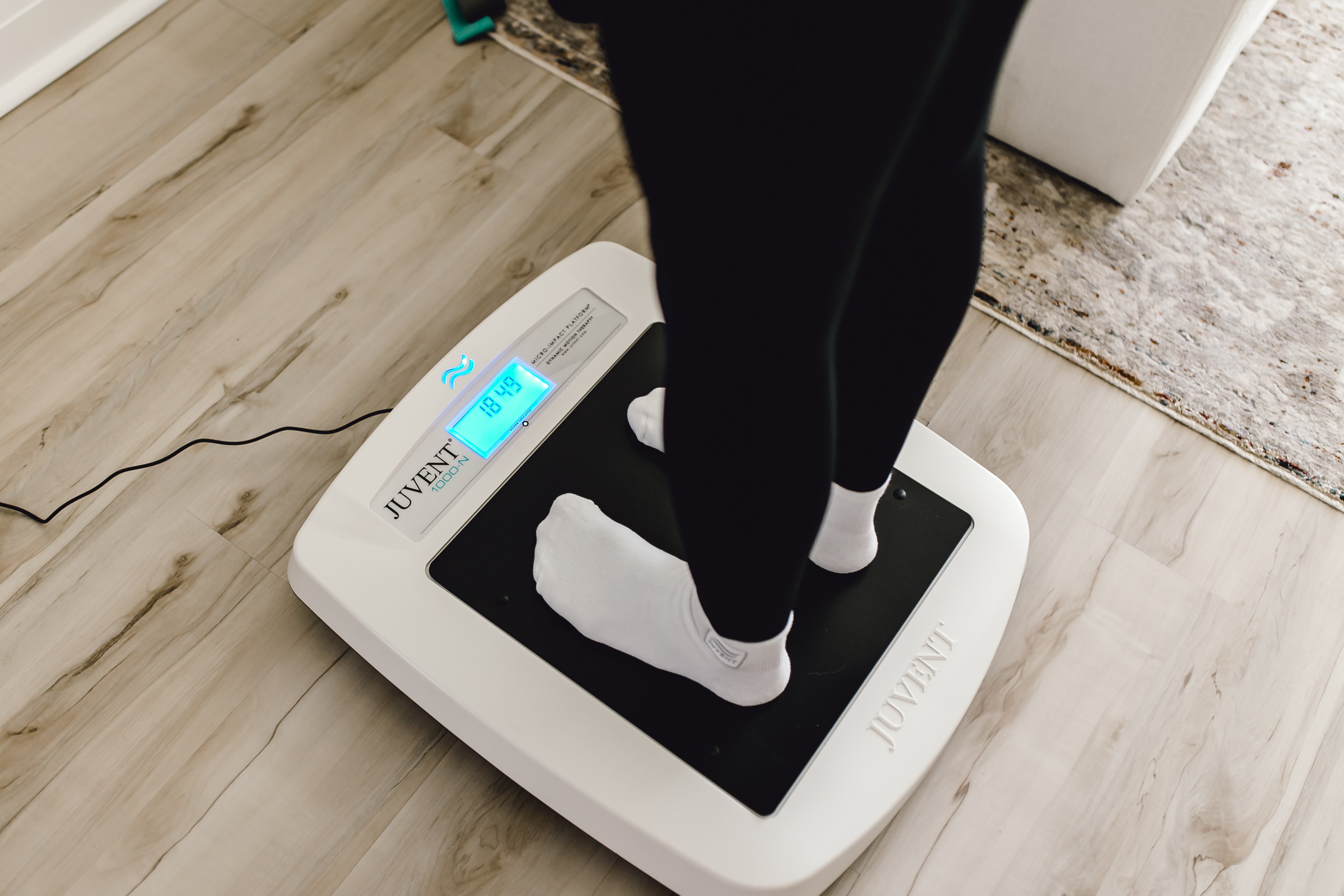Burning, tingling, or stabbing pain could mean you’re dealing with nerve pain, also known as neuropathy. While nerve pain can stem from an injury, for others, it’s not the result of an obvious incident but instead comes from inflammation. But how can inflammation cause nerve pain? And more importantly, how do you reduce inflammation in your nerves? Let’s follow the link between inflammation and nerve pain and help you discover how to find relief.
What Is Inflammation?
Inflammation is the body's natural response to injury, infection, or irritation. It’s part of the immune system’s effort to protect and heal. In a healthy response, inflammation helps eliminate harmful stimuli and starts tissue repair. However, when this response goes on for too long and the body is stuck in this phase, inflammation can become harmful. It may even contribute to a range of health issues, including nerve pain.
What Is Nerve Pain?
Nerve pain is known as neuropathy and refers to damage or dysfunction in one or more nerves. Nerves supply muscles and tissues with the ability to contract and feel everything from touch to temperature. When nerves are damaged, it typically results in pain, weakness, numbness, or sensitivity. It can affect any part of the body, but is especially common in the hands, feet, and legs. There are many causes of neuropathy, including diabetes, autoimmune conditions, injury, infections, vitamin deficiencies, certain medications, and chronic inflammation.
How Does Inflammation Cause Nerve Pain?
When nerves become inflamed, they can misfire, sending pain signals even when there is no actual injury. Inflammatory molecules such as cytokines can irritate or damage nerve tissues, causing neuropathic pain.
This is common in conditions like sciatica, where inflammation irritates the sciatic nerve. It’s also known to happen with autoimmune diseases like lupus or rheumatoid arthritis, which are characterized by widespread inflammation as the body mistakenly attacks itself. Chronic systemic inflammation due to diet, stress, or toxins may also cause nerve pain.
How Do I Reduce Inflammation in My Nerves?
There are numerous effective strategies to reduce nerve inflammation and pain, many of which are natural and non-invasive. The best option depends on the person and their body but can include several routes:
- Eating an Anti-Inflammatory Diet: What you eat plays a huge role in inflammation. A diet rich in fruits, vegetables, fatty fish, nuts, seeds, and whole grains can help lower systemic inflammation. Avoid processed foods, excessive sugar, and refined carbs.
- Getting Exercise and Movement: Gentle movement improves circulation and reduces inflammation over time. Low-impact activity, like using the Juvent Micro-Impact Platform®, can support joint health and stimulate circulation without overstressing the body. Its patented technology encourages natural processes while promoting an energized state.
- Taking Supplements: Certain nutrients help protect and repair nerve tissue. Omega-3 fatty acids, vitamin B-complex (especially B12), alpha-lipoic acid, and magnesium can support both nerve health and anti-inflammatory responses.
- Prioritizing Stress Management: Chronic stress increases inflammation in the body. Meditation, yoga, deep breathing, and mindfulness practices can help regulate your nervous system and reduce inflammatory responses.
- Getting Restful Sleep: Restorative sleep is crucial for inflammation control and nerve repair. Prioritize good sleep hygiene and consult a doctor if sleep issues persist.
- Working With a Healthcare Provider: If your nerve pain is persistent, a doctor can run tests to determine the root cause and may prescribe anti-inflammatory medications, physical therapy, or more advanced treatments based on your specific needs.
Inflammation and nerve pain often go hand in hand. Whether it’s caused by injury, autoimmune issues, or chronic disease, nerve inflammation can significantly impact your quality of life. Fortunately, lifestyle changes, diet, supplementation, and movement are often effective enough to improve your situation.
Don’t Accept Constant Nerve Pain
Managing or even preventing neuropathy comes down to being proactive. Incorporating tools like the Juvent Micro-Impact Platform while making lifestyle changes is the path healthy individuals take to keep their bodies feeling good.
FDA Disclosure
In the US, the Juvent device is considered investigational for the treatment of osteoporosis or improvement/maintenance of bone mineral density and our claims have not been reviewed or cleared by the FDA to treat any disease or condition. (2) Calculated over the 20+ year expected life of a Juvent. The JUVENT® Micro-Impact Platform® is Registered as a Class I medical device for exercise and rehabilitation. JUVENT products are covered by the following issued patents, pending patents and their foreign equivalents: 6,843,776 6,884,2277,094211 7,207,954 7,207,955 7,985,191 8,114,036 11/369,611 11/486,538. Juvent, Dynamic Motion Therapy, Micro-Impact Platform, and the symbol are Registered trademarks of Regenerative Technologies Corporation.




Get the latest insights and contents on all things bone and body health. Signup for our newsletter!
Share:
Eight Questions to Ask Your Doctor Once You're Past Menopause
Five Ways HydroxyBMD³™ Can Improve Bone and Cardiovascular Health